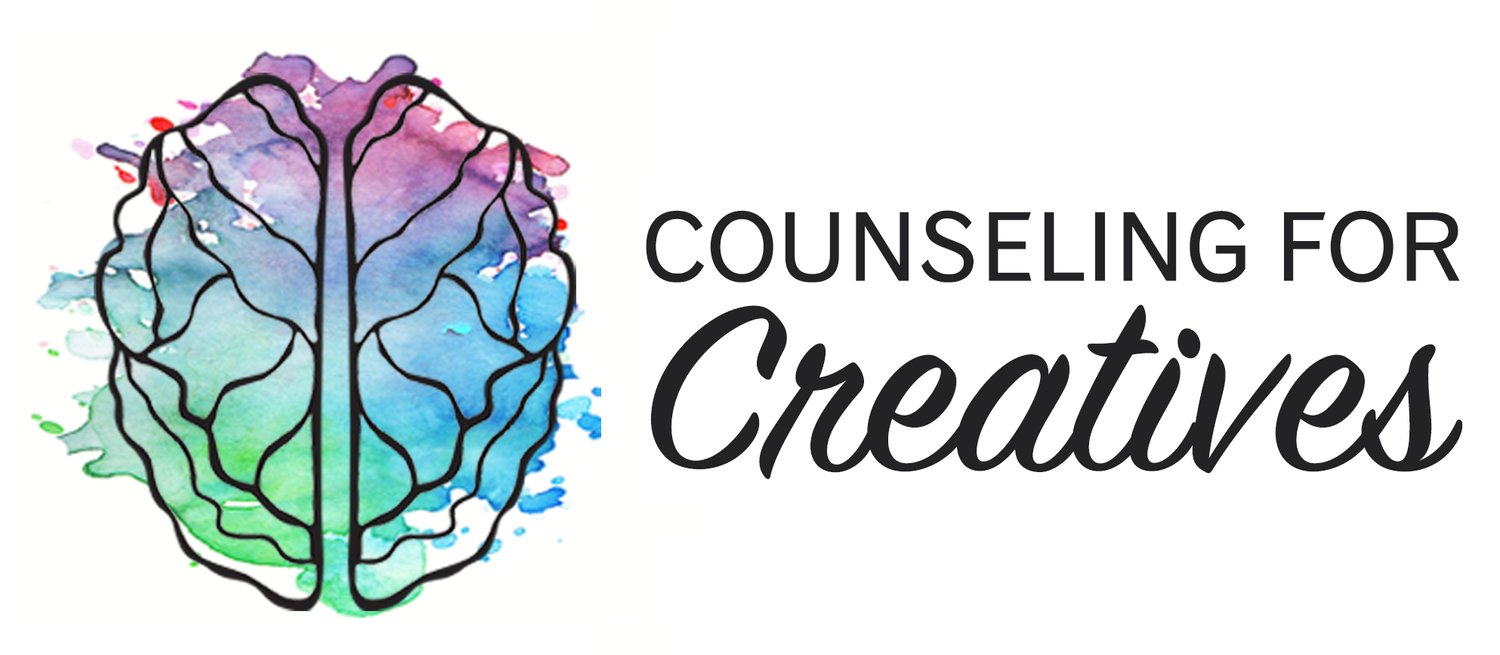No one made you creative, you just are
I recently read Thomas Frank’s opinion piece on Salon.com entitled “TED talks are lying to you” and it got me thinking. In a nutshell, Frank comments on the rise of information, mainly books, about how to be creative or how creativity helps in any job, written by individuals who are essentially upper-class conformists. He notes how the same stories about product innovations are regurgitated throughout these books, while true creatives trying to make it in the world are suffering. He also mentions over and over again that he came to this revelation while in the bathtub.
The title is misleading, as he says little about TED talks, and seems to be lumping all talks into one category: “white billionaires” telling you how to harness creativity. If you’ve watched a lot of TED talks, you’ll know there is much more to it than that. Some of my favorite talks are by therapists, neuroscientists, musicians, comedians, and even gamers. The majority of these talks are less about marketing products or telling people to “be creative” and more about sharing ideas. But I digress because again, Frank’s article actually has little to do with TED talks and more to do with a trend in book sales and marketing.
Here’s the part of the piece that struck me hardest:
A final clue came from “Creativity: Flow and the Psychology of Discovery and Invention” (1996), in which Mihaly Csikszentmihalyi acknowledges that, far from being an act of individual inspiration, what we call creativity is simply an expression of professional consensus. Using Vincent van Gogh as an example, the author declares that the artist’s “creativity came into being when a sufficient number of art experts felt that his paintings had something important to contribute to the domain of art.” Innovation, that is, exists only when the correctly credentialed hivemind agrees that it does. And “without such a response,” the author continues, “van Gogh would have remained what he was, a disturbed man who painted strange canvases.” What determines “creativity,” in other words, is the very faction it’s supposedly rebelling against: established expertise.
I saw several comments below the article noting this portion as one of the most insightful. I disagree and here’s why: the fact that someone came along and decided Van Gogh’s paintings had artistic value did not define him as creative, it defined him as a significant part of the impressionistic art movement (a movement Frank disparages in his article). No one denied Van Gogh’s creativity before this; he spent his life as an artist, studying and befriending other greats such as Monet and Gauguin. No one had to tell these artists they were creative, they just were.

If you’re a creative person, you understand that it's both a blessing and a curse. We're constantly trying to survive in the world while enduring a nagging inner pull to put the pieces together and make sense of it. Many of us don’t feel complete without expressing ourselves through some form of art, but we struggle to figure out how to fit it into our lives that might not allow hours of time to paint, practice an instrument, write a novel, or perform in a play. We don’t need someone to tell us we’re creative, we just are.
I get the frustration Frank is expressing: “Only rich white billionaires have the convenience of being creative in business and telling us we all should be.” Perhaps as a full-time writer, Frank sees this trend permeating his world much more than I see it in my own. From my perspective, especially in this city full of artists, I see true creative talent as an equalizer: you can't buy it, you just have it. Now of course, the ways you get to express that creativity rely on resources like time and money, but that nagging sensation to make meaning of the world, that’s free. When I talk about coaching creative people or “creativity coaching”, I’m not saying I want to teach you how to be creative: you already know how to do that. Rather, I want to help you figure out how to get that stuff out of you and onto the page, canvas, stage, etc. I want to help you fit it all into your life and your relationships with your friends, partner, or family. Why am I the person for that? Not only because I’ve got all this training as a therapist, but because I've struggled with expressing my creativity in my own life and continue to do so. I understand that being an artist is an ongoing journey and whether you’re a famous rock star or you sketch when the kids go to bed, that journey never ends.

